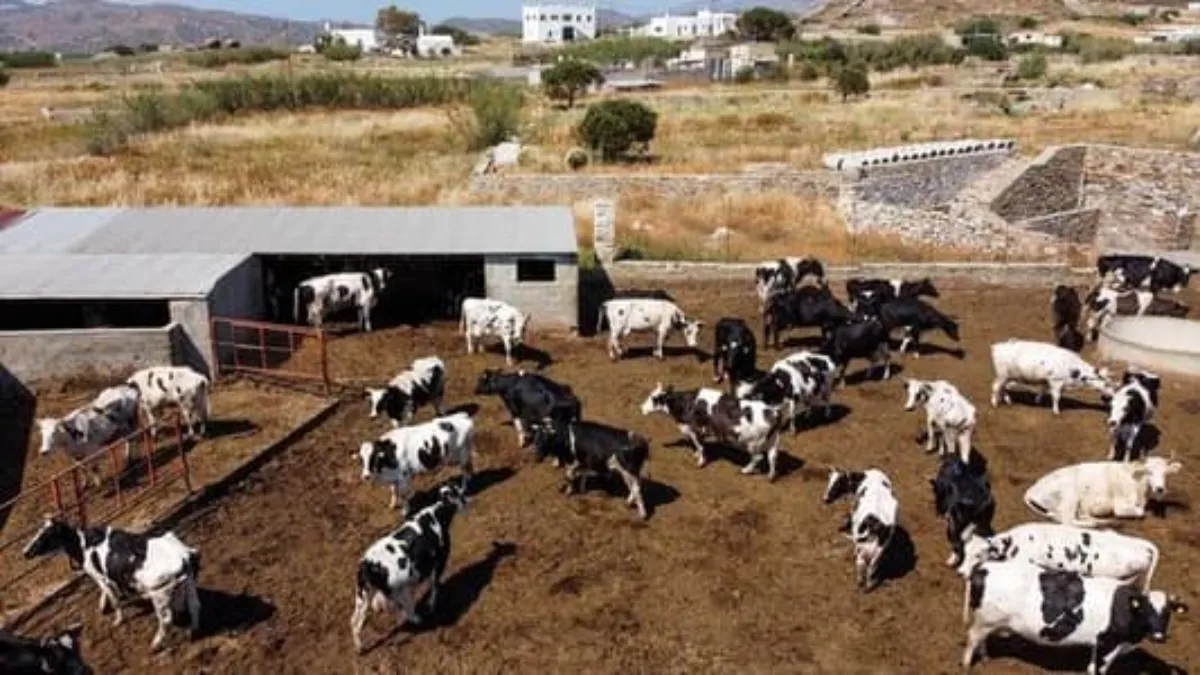The Greek economy, while on the path to recovery, faces challenges stemming from an outflow of workers during the economic downturn, alongside demographic shifts and stringent immigration policies. These factors have collectively left numerous vacancies across various industries including farming, tourism, and construction.
Is Greece bringing in Egyptian farm workers amid the on-going labour shortage?
Greece is gearing up to address its labor shortage in key sectors like farming by welcoming workers from Egypt starting this summer. A bilateral agreement between the two nations aims to mitigate the shortfall in labor force. Despite experiencing a decade of economic hardship, Greece is poised for significant growth this year, forecasted at nearly 3%, far surpassing the euro zone average of 0.8%.
In a bid to alleviate this shortage, Greece has inked a deal with Egypt, paving the way for approximately 5,000 seasonal farm workers to enter the Greek workforce. This agreement reflects a mutually beneficial arrangement between the two countries, with discussions underway to extend this cooperation to the construction and tourism sectors as well.
The Greek Ministry of Migration highlighted the broad support for this initiative among employers’ groups, recognizing the urgent need for a workforce influx. Greek Migration Minister Dimitris Kairidis recently met with Egyptian Labour Minister Hassan Shehata in Cairo, emphasizing the importance of enhanced collaboration to address not only labor shortages but also to curb illegal migration flows in the region.
Egypt has earned acknowledgment for its efforts in stemming migrant departures from its northern coastline to Europe since 2016. The European Union has responded by announcing a substantial funding package and bolstering its relationship with Egypt, aiming to reduce the influx of migrants from North Africa.
However, Western backing for Egyptian President Abdel Fattah al-Sisi has drawn criticism from rights groups, particularly in light of his ascent to power following the ousting of Egypt’s first democratically elected leader a decade ago. This backdrop underscores the complexities and ethical considerations intertwined with migration policies and partnerships between nations.


